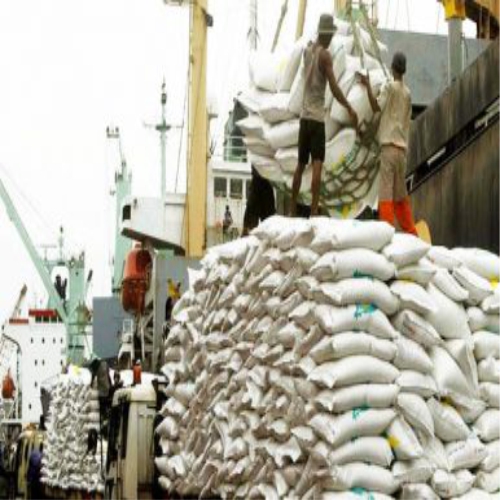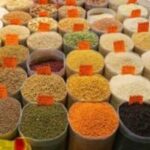Zimbabwe’s sugar industry is facing a crisis due to a surge in cheap imports, which has led to a glut of domestically produced sugar and delayed payments to cane farmers, according reports Food Business Africa.
The country could face an excess of nearly 100,000 tonnes of domestically produced sugar by March unless measures are taken to curb imports.
This influx of affordable imports came in the wake of the government’s decision to lift duties on sugar products, which has had severe repercussions for the domestic sugar industry. The imported sugar mainly originates from neighboring countries such as Zambia, Malawi, and Mozambique, directly competing with locally-produced sugar from Tongaat Hulett Zimbabwe’s Triangle, and Hippo Valley estates.
Over 1,300 commercial out-grower farmers and more than 20,000 workers employed by Tongaat Huletts, responsible for sugar mills and plantations at Hippo Valley and Triangle estates, are now facing an uncertain future due to this rapid influx of inexpensive imports.
The proliferation of these affordable imports has led to a severe financial crisis in the local sugar industry. Tongaat Huletts, as a result, has been forced to delay payments to cane farmers that were originally scheduled for September 15, 2023. In an official statement addressed to farmers, Tongaat attributed this delay to the challenge of raising sufficient funds due to the decline in local sugar sales.
There are growing concerns that this situation may deteriorate further as the year progresses, potentially leading to the collapse of the local sugar industry. Such a collapse would not only leave farmers and millers in a precarious financial position but also have a significant impact on the broader economy.
Tracey Mutaviri, General Manager of Tongaat, expressed concern about the local sugar sales landscape in a recent communication to Zimbabwe Sugar Sales (ZSS) board members dated September 11th. She revealed, “As a result of depressed local sales, the stock has been building up, and if the current trend persists until March 2024, stocks will potentially close at 94,000 tonnes by March 31, 2024—64,000 tonnes more than the planned closing stock of 30,000 tonnes. High closing stock will delay the closure of the 2023/24 season and continue to pose liquidity challenges for both MCP and farmers as cash will be tied up in stocks for a longer period.”
Saul Chin’anga, spokesperson for the Zimbabwe Sugarcane Development Association, highlighted that while the initial objective of sugar imports was to stabilize local prices, it is now disconcerting to observe that prices for both imported and locally-produced sugar are nearly identical.
Zimbabwe has become a destination for lower-quality sugar from neighboring countries since the government opened its doors to imports and removed import duties on basic commodities earlier this year. However, industry experts contend that these issues have now been addressed, and with retail prices for locally milled sugar and imports being nearly identical, the justification for continued imports is diminishing.














